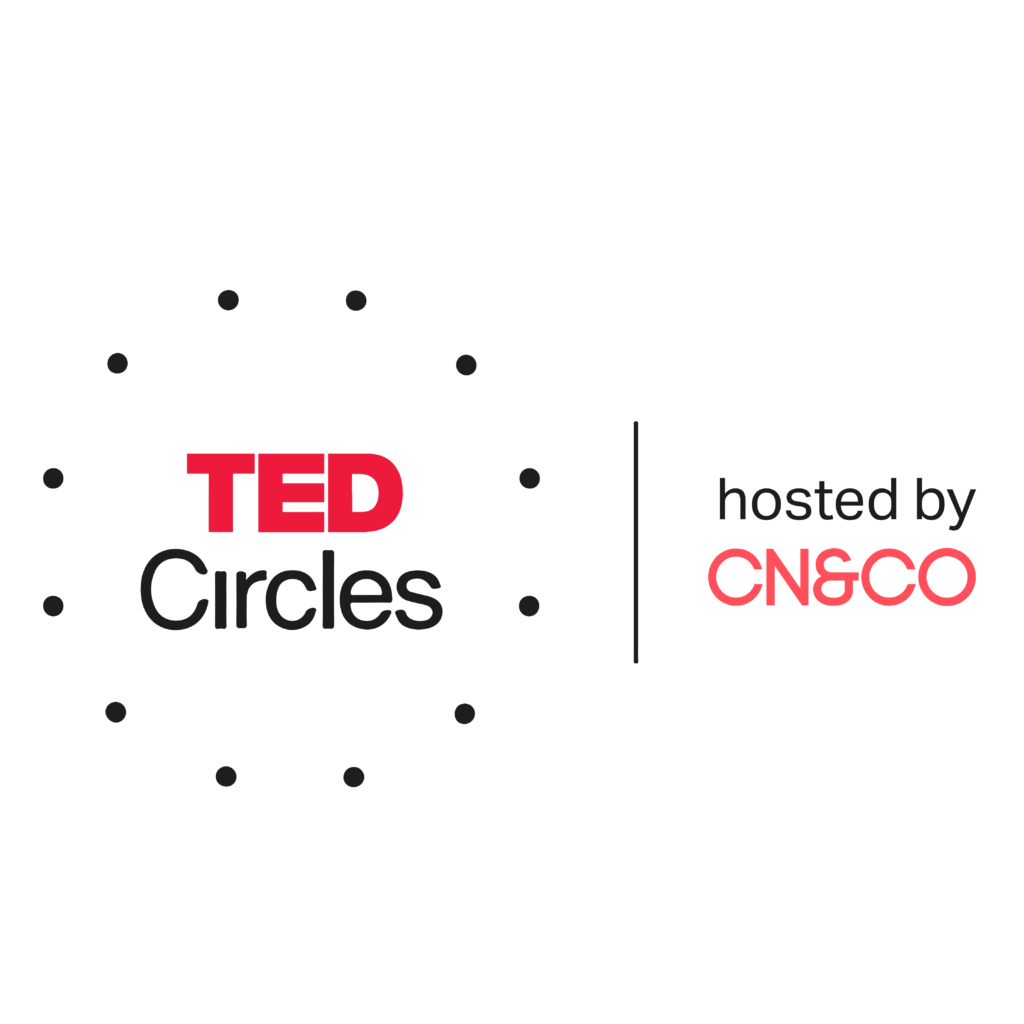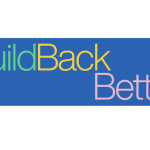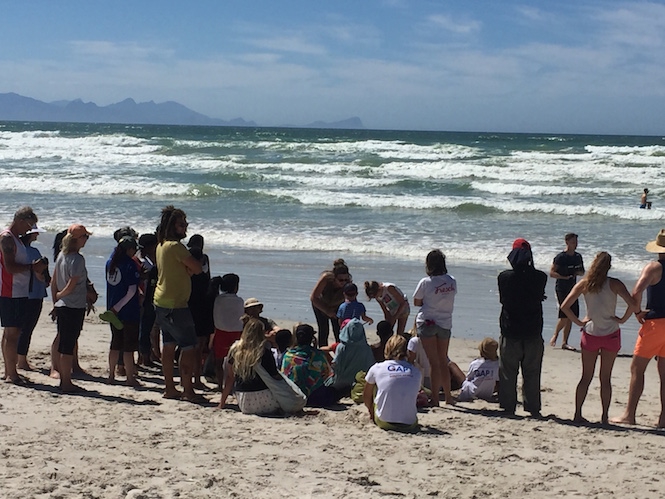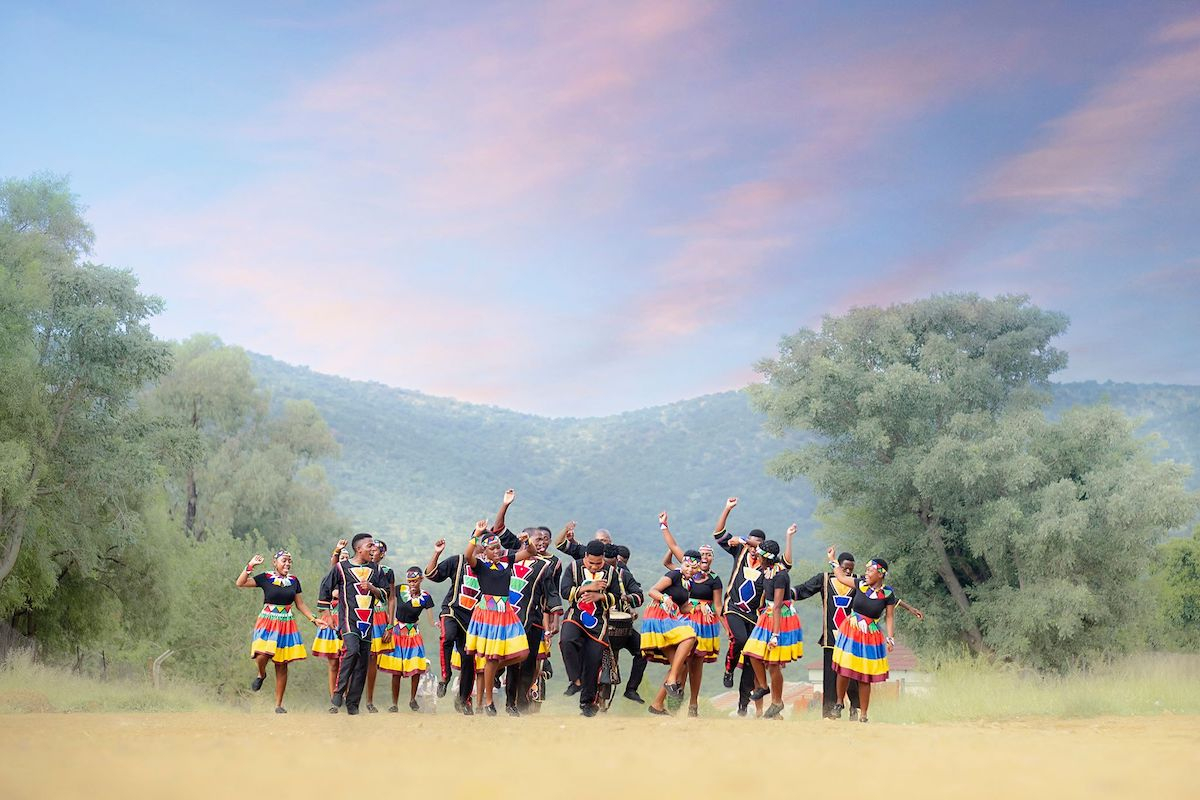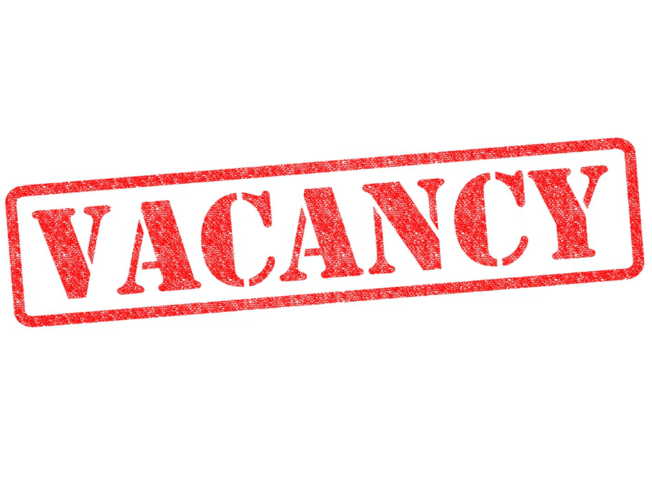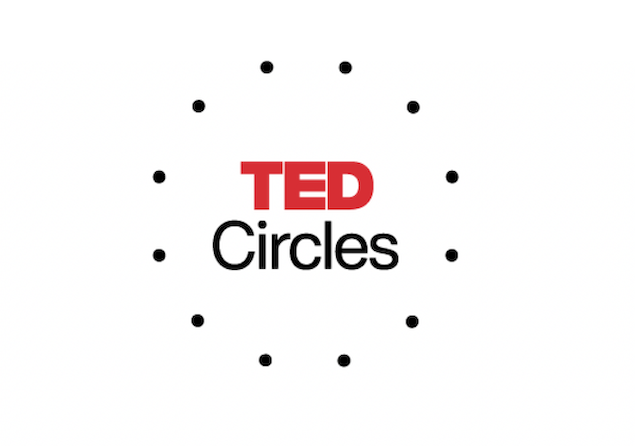
TED Circles hosted by CN&CO – Designing for Humanity
TED Talks open our minds, spark new ways of thinking and can lead to some very interesting conversations. Over the last few years, each week on a Tuesday a member from the team has picked a TED Talk and published it. Our TED Talk Tuesdays allow the CN&CO team to play their part on spreading ideas and helping to make the world a better place. Check out a few of the other TED Talk Tuesday picks HERE. Our TED Circles get togethers build on this love for TED, conversations and people. Here’s a wrap-up of our latest TED Circle Hosted by CN&CO.
The Anti CEO Playbook.
Words that when read in isolation will invoke different responses from different people.
Often when we take a step back, we can see that we carry certain preconceptions that could influence the way we engage with a topic, environment or item. If you think of different culinary experiences, I am sure that are some interesting examples that will come to mind.
You may be familiar with the saying “don’t judge a book by its cover”. This is one of those times where you should engage with the topic without any preconceptions.
TED Circles is an open platform of small groups that engage in conversations about ideas.
Circles can take place 100% virtually so they are helping communities stay connected, especially now as we deal with a changing world. We share takeaways, consider the perspectives of others and seek to create a global connected conversation.
Below is the talk that we watched and discussed today. A talk from the TED stage in 2019, where Hamdi Ulukya shares his thoughts on “The Anti CEO Playbook”.
- Ulukaya calls for companies to put employees over shareholders, consumers over boards, and community engagement over tax breaks. Do you know of any other companies, in your community or beyond, with a similar approach?
- Ulukaya says “it’s business, not government, (that’s) in the best position to make a change in today’s world…it’s business that must take a side.” Do you agree? Why or why not? If so, what responsibility do you want companies to take for humanity?
- The talk reminds us how powerful we are as consumers to change the behaviors of big corporations. Think of a company that impacts your community. What actions would you most like to see them change? How might you encourage them to do things differently?
- Even if you’re not the CEO of a company, what lessons from Ulukaya’s talk can you apply to put people first?
A quick summary of a few of the talking points that were discussed in the session:
-Just as there are anti-heroes in the movies… we need anti CEOs.
-Maximise profit for shareholders is this right? Should this be driven at all cost?
-Share options and employee motivation – Hambi speaks to this in his talk, what are your thoughts?
-Gratitude – both in the way that we lead and how we engage with those around us. How can we show our gratitude in the way we communicate to and with others?
-Giving people a chance to learn – skills can be learnt and sometimes people just need a push or some guidance.
-Community. We are part of a far bigger community, we all have a part to play in making the world better.
-Asking for permission – we need to strip everything away and understand what the core problems are. View the solution for a bottom up rather than top up approach.
-Responsibility – we all have a greater responsibility, both to ourselves and the ecosystems in which we live. Hamdi uses the great example of the responsibility this factor had generated in the community.
-Businesses are citizens and thus need to take a side, can’t stay out of politics. Is this something you agree with? Business is best placed to make a change in the world…
-What can we learn from small businesses?
-The power consumers hold – employees need to be accountable to consumers and not only their board of directors.
-ESGs – Environmental Social Governance. More and more businesses are starting to explore and align with these objectives – how are they doing this and what does it mean for products of the future?
-Memory triggers. How is it that we remember things? What does this mean for the way we interact and engage with things?
-Return kindness. A concept that asks us to question the assumptions we have around traditional forms of value.
-Using language correctly, stripping away complexity and engaging on a level that identifies the core problem.
-TED 2020 – unchartered and building back better. We need to think of African solutions to African problems – using lessons from the broader community, but identify how these can be used developed for African specific solution.
Thank you to everyone who joined our latest session and has support this initiative so far. I look forward to seeing where it goes and I am grateful for the opportunity to learn from the conversations we have.
See you next month!
